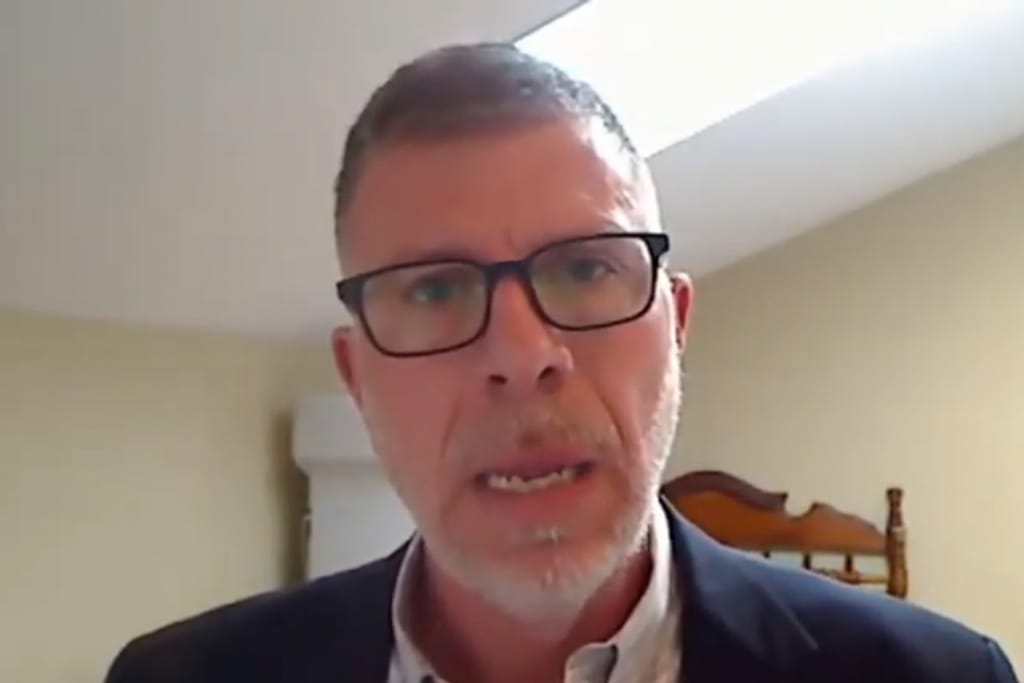Federal Court Denies Challenge to FCC Selection of CostQuest as Mapping Contractor
A federal judge ruled that CostQuest made no misrepresentations in its bid for the FCC mapping contract.
David B. McGarry

WASHINGTON, September 22, 2022 – A federal court on September 14 released its order denying a challenge by mapping company LightBox that alleged CostQuest Associates, which was contracted by the Federal Communications Commission to develop its broadband map, misrepresented certain terms in its licensing agreement with a third-party.
The decision, by the U.S. Court of Federal Claim, was rendered on August 26, but withheld to give the various parties — CostQuest, LightBox, and the government – an opportunity to redact segments. The opinion is replete with segments in which “. . .” replaces the substance of Judge Edward Meyers’ order.
LightBox was in the running for the FCC contract, and alleged in its April application to the court that CostQuest’s contract proposal to the commission misrepresented the terms of its licensing agreement with third-party Black Knight, including by allegedly omitting provisos and misrepresenting certain parcel boundary data.
Meyers found that CostQuest made no such “material misrepresentation” and dismissed LightBox’s motion for relief. The court withheld the release of the judgment until last week to allow the parties to offer redactions to the public version of the decision.
Meyers did not provide reasons within his opinion for the extensive redactions within the ruling.
In a statement issued Wednesday on the court’s ruling, CostQuest CEO James Stegeman said, “I am glad that now we can put our full time and energy into further developing this data set and doing our part in what we came here to do – help provide the critical information that will help identify where broadband is (and is not) available so that parties can focus on connecting millions of Americans to the broadband service they need and close the digital divide.”
The FCC approved CostQuest’s proposal in November. In February, LightBox lost an appeal to the Government Accountability Office, which dismissed the complaint saying the office lacks jurisdiction over “a dispute over the terms of a private agreement between private parties.”
Speaking to Broadband Breakfast earlier this year, LightBox CEO Eric Frank called CostQuest a “consulting company, not a data firm.”
“[We create a fabric] by collecting our own data, we draw our own building footprints from imagery and Lidar, and use our own address data,” Frank said. “That is how you create the fabric – we do that all in-house.
“At the end of the day, if you are going to buy a national fabric there is an element of due diligence – there is an element of trying to find out what organization has the best methodologies. We do not think that was served,” Frank added.
The importance of FCC and CostQuest’s mapping
The map completed by the two entities will determine each state’s allotment of the $42.5 billion in the National Telecommunications and Information Administration’s Broadband Equity, Access, and Deployment program, which was created out of the Infrastructure Investment and Jobs Act of 2021.
The FCC established a challenge process for its new map, by which state, local, and tribal governments, service providers, and other entities can present evidence to correct flaws in the agency’s data.
Michael Romano, the executive vice president of rural broadband trade group NTCA, argued Wednesday at a web event that for all the early-stage difficulties faced by the FCC and CostQuest, the long-term result of their efforts will likely be the most accurate federal broadband map to date.











Member discussion